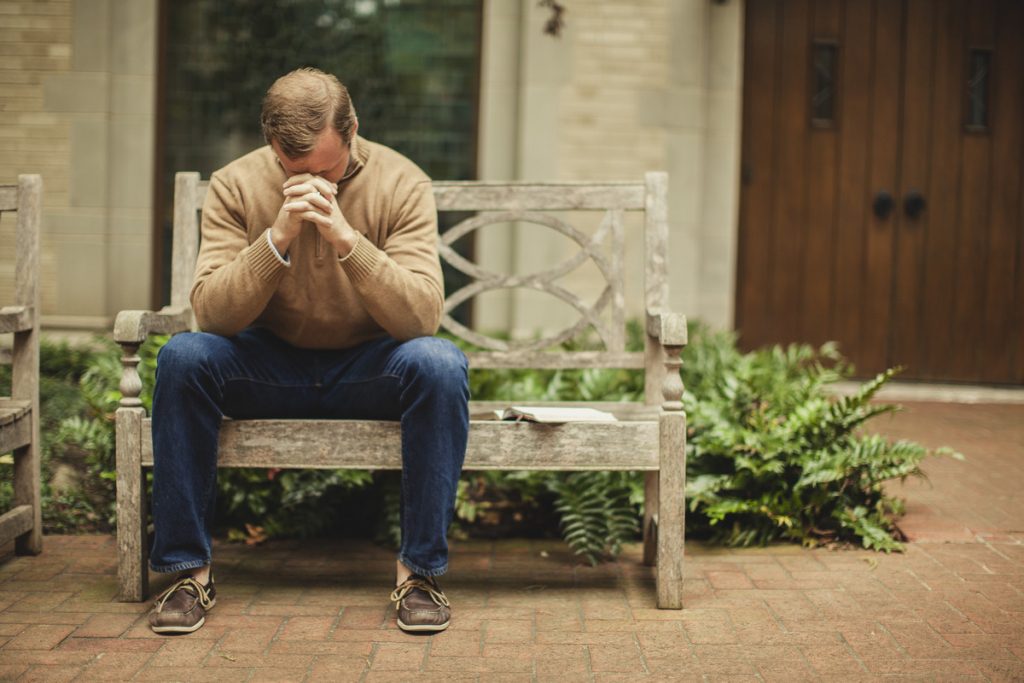While most Christians are in agreement that forgiveness is a necessary condition of our spiritual lives, I am not at all sure that we know how we are supposed to go about it. We desire to be forgiven when we sense a key relationship is damaged by a loss of trust or hurt, but we do not always know how to ask for that which we need. And when we are the ones who have been hurt, it is sometimes difficult to approach the one who may not even know that we need to forgive.
I need to begin by saying that I have difficulty forgiving at times. My capacity to forgive depends on the nature of the slight I perceive, but it also has to do with how much I treasure the relationship that is in need of healing. Sometimes the more precious the relationship, the harder time I have relinquishing my pain and disappointment. I expect my husband, my parents, and my good friends to know, without my saying it, that I have been hurt. As I have gotten older, I realize this expectation puts the most important people in my life at a terrible disadvantage. While they may know me better than anyone else, it does not make them God. They are not omniscient. And, frankly, they have their own cares and concerns that get in the way of noticing my every mood change.
Would I really want to carry that responsibility for them? Do I really want to magically know their inner state of being so that I can perfectly respond? Even if I did have such power, isn’t the greater indicator of trust in the relationship, their willingness to approach me with their own vulnerability and I with mine?
The best progress I have made in forgiving others and myself and in asking for forgiveness from others has been by making forgiveness a practice as opposed to a state of being. I often have to practice forgiveness long before I feel differently. We are complicated creatures, and sometimes it is easier to forgive than others. But there are a few practical steps I have discovered that seem to facilitate the process.
1. Acknowledge the depth of your own hurt in prayer.
In my experience, the worst thing I can do is pretend I am not really hurt, or that I have forgiven someone when the wounds are still raw. This does not mean I need to confront each hurt with each person, but it does mean I need to honestly hold each hurt before God. If I am able to name the pain, I am much more likely to be able to move through it or diminish its power over me. The Psalms are full of wonderful witnesses to the healing that can come by naming our sense of hurt and despair before the One who created us. Because it is God who is able to heal the hurt more profoundly than any human. This does not mean that I might not need to go and speak to the person and seek a more direct reconciliation. But, if that is what is required, then praying this way ahead of time, helps me to frame what is in need of healing. Is this something that the person who hurt me can even accomplish? Or, is this something I need to ask God to heal?
2. Acknowledge your own need for forgiveness.
There is nothing more helpful in developing compassion for others than realizing one’s own deep need for it. The more I can candidly look at my own selfishness and my own inability to meet the needs of those I love, the less I expect others to accomplish an impossible task. I have recently started to think about this expectation I have of those I love, as a form of idolatry. If I put so much pressure on my relationships with finite human beings, I am eventually asking them to be God for me. Their very limitations, and my own, are an invitation to seek more deeply the presence of God. When I am spending enough time in prayer, silence, and reflection, I have a much deeper well to draw upon in my relationships with others. I have come to see my own sense of impatience or anger at others as a good indicator that something in my own life is out of balance. Have I been praying enough? Have I taken time for Sabbath? Or, have I gotten so frenetic that I am no longer grounded in the love of God? The reality is that usually other people have not suddenly gotten more annoying; it is my own state of being that has shifted and needs correction.
3. Fake it until you make it.
Again, the most important thing I have learned about forgiveness is that it is a practice. I can behave in a forgiving manner, even if I don’t feel perfectly happy about it yet. The reality is, that the more I do this, the more quickly I feel forgiving. I also start to notice what a burden being unforgiving is. The more I hold a grudge against someone, who in all likelihood doesn’t even know I am upset, the more I realize my energy is not free to be the person God is calling me to be. I hope as I forgive someone, they experience grace and light in that. But the reality also is, even if they never know or never are transformed by my act of forgiveness, I am lightened. I am freer to be gentle with myself when I fall short. I start to see myself as a forgiven person who is able to move about my life with the knowledge that I am freed from an expectation of perfection. I can strive to do my best, but I can also allow myself to move on when I inevitably fall short. If my sense of being is grounded in the forgiveness and love already promised through God, I can much more easily share that in the world.




